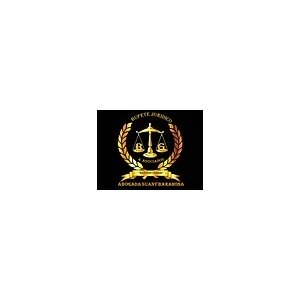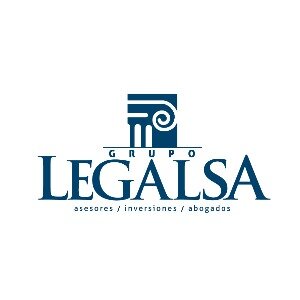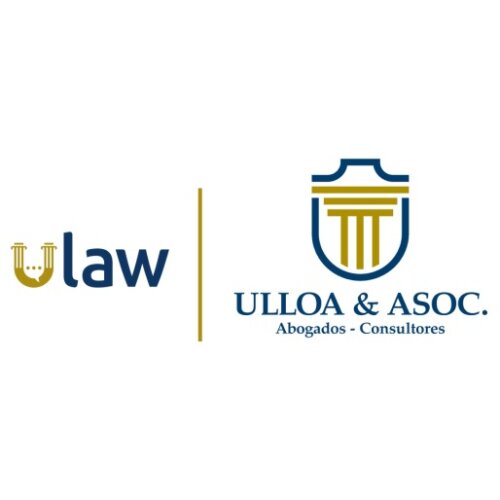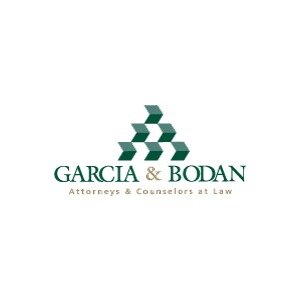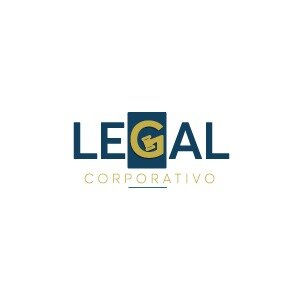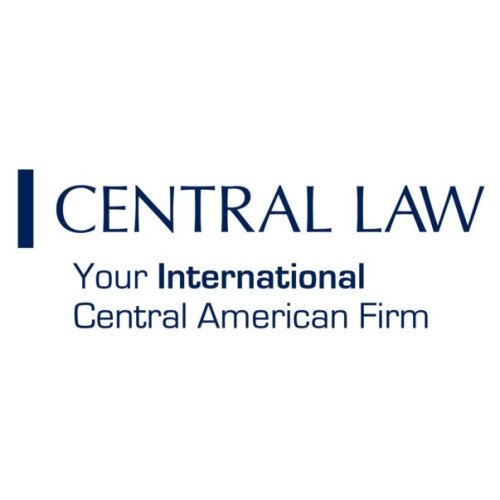Best Energy, Environment & ESG Lawyers in San Pedro Sula
Share your needs with us, get contacted by law firms.
Free. Takes 2 min.
List of the best lawyers in San Pedro Sula, Honduras
About Energy, Environment & ESG Law in San Pedro Sula, Honduras
San Pedro Sula, commonly known as the industrial capital of Honduras, is a city experiencing rapid development, which leads to unique challenges and opportunities in the areas of energy, environment, and ESG (Environmental, Social, and Governance). Legal frameworks in these sectors regulate how businesses and individuals interact with natural resources, how they address their environmental impact, and how they integrate social and governance standards into their operations. The region's laws aim to balance economic growth with environmental protection and responsible corporate practices, in line with national priorities and international agreements.
Why You May Need a Lawyer
Legal assistance in energy, environment, and ESG matters is often crucial due to the complexity and evolving nature of the laws in Honduras. You may need a lawyer if you are:
- Starting or expanding an industrial or energy project that requires environmental permits.
- Acquiring or managing land that may be subject to environmental regulations or protected status.
- Seeking to ensure your business is compliant with ESG requirements to attract investors or for regulatory reasons.
- Dealing with allegations of environmental harm or investigating incidents such as spills or contamination.
- Facing sanctions or enforcement actions by local or national authorities.
- Participating in public consultations about infrastructure or energy projects impacting communities.
A specialized lawyer can help you understand your legal obligations, avoid penalties, and navigate the approval, compliance, and reporting processes essential in these sectors.
Local Laws Overview
San Pedro Sula, as part of Honduras, is governed by laws that regulate energy resources, environmental protection, and ESG standards. Key aspects include:
- The General Environment Law (Ley General del Ambiente) which establishes rules on pollution, environmental impact assessments (EIAs), conservation, and sanctions for non-compliance.
- Laws and regulations governing renewable and non-renewable energy projects, including licensing, terms for energy generation, and grid access.
- National and local requirements for companies regarding corporate social responsibility and social development, especially when projects affect communities or indigenous people.
- Legal frameworks for waste management, water use, and emissions control relevant to manufacturing and other industries in San Pedro Sula.
- Government oversight by bodies such as the Secretariat of Natural Resources and Environment (MiAmbiente) and the National Electric Energy Company (ENEE).
- Growing attention to international best practices and ESG standards, especially for businesses seeking international investment or partnerships.
Frequently Asked Questions
What is an environmental impact assessment and when is it required?
An environmental impact assessment, or EIA, is a formal process that evaluates the potential environmental consequences of a proposed project. In San Pedro Sula, EIAs are mandatory for most large-scale projects including construction, industry, and energy developments. The process must be completed and approved by authorities before work can begin.
Who enforces environmental laws in San Pedro Sula?
The main enforcement agency is the Secretariat of Natural Resources and Environment (MiAmbiente), which works in coordination with local authorities for monitoring, inspection, and sanctioning activities that violate environmental laws.
How do I obtain a permit for an energy project?
Permitting involves submitting technical information, environmental studies, and sometimes community consultation evidence to national and municipal regulators. Requirements vary by project type and size. Legal guidance can help ensure all documentation meets local requirements.
What are common penalties for breaking environmental laws?
Penalties range from fines and suspension of operations to more severe consequences such as closure of facilities or criminal prosecution, depending on the severity and nature of the infraction.
Are there incentives for renewable energy projects?
Yes, Honduras offers fiscal incentives and easier permitting processes for certain renewable energy projects, but compliance with environmental and social regulations remains necessary.
What does ESG mean for my business in San Pedro Sula?
ESG refers to practices and policies in environmental stewardship, social responsibility, and governance. Integrating ESG can improve a company’s reputation, sustainability, and access to funding. Local and international regulators may require ESG reporting and compliance depending on your business activities.
Can I appeal sanctions issued by environmental authorities?
Yes, there are formal legal procedures to appeal sanctions or enforcement actions. An attorney can represent you in administrative and judicial appeals.
How are indigenous and community rights protected in environmental projects?
Honduran law provides for free, prior, and informed consultation for projects that may affect communities or indigenous groups, especially with large-scale developments or resource extraction.
Does corporate social responsibility have mandatory components?
While some CSR standards are voluntary, many aspects such as labor rights, environmental protection, and community consultations are required by law, especially for companies in regulated sectors.
What legal risks are emerging in the ESG landscape?
Risks include increased scrutiny of corporate activities, stricter enforcement of environmental and social obligations, and evolving standards for reporting and disclosure. Businesses must adapt to changing regulations and stakeholder expectations.
Additional Resources
If you are seeking more information or assistance, the following organizations and resources may be helpful:
- Secretariat of Natural Resources and Environment (MiAmbiente): Oversees environmental permits, inspections, and compliance.
- National Electric Energy Company (ENEE): Regulates the electricity sector including permits for generation projects.
- Municipality of San Pedro Sula: Handles local urban planning, construction permits, and certain environmental matters.
- Honduras Association of Renewable Energy (AHER): Offers information and advocacy for renewable energy developers.
- Local bar associations and legal aid organizations: Provide legal advice and representation as needed.
- Universities and technical institutes: May offer research, consulting, and policy analysis related to energy and environmental law.
Next Steps
If you believe you need legal assistance in the area of energy, environment, or ESG in San Pedro Sula, consider taking the following steps:
- Gather all relevant information and documents related to your project or matter, including permits, contracts, correspondence, and technical reports.
- Identify your specific legal questions or concerns, such as compliance risks, permit needs, or regulatory challenges.
- Consult with a local attorney specializing in energy, environmental, or ESG law who understands both national regulations and the local context of San Pedro Sula.
- Stay updated on new laws, regulations, and enforcement trends that may affect your business or activities.
- Engage with relevant authorities or stakeholder groups early in your planning process to avoid legal complications later.
Getting proper legal advice early can help you navigate complex regulations, avoid costly mistakes, and ensure your project or operations meet both legal and ethical standards.
Lawzana helps you find the best lawyers and law firms in San Pedro Sula through a curated and pre-screened list of qualified legal professionals. Our platform offers rankings and detailed profiles of attorneys and law firms, allowing you to compare based on practice areas, including Energy, Environment & ESG, experience, and client feedback.
Each profile includes a description of the firm's areas of practice, client reviews, team members and partners, year of establishment, spoken languages, office locations, contact information, social media presence, and any published articles or resources. Most firms on our platform speak English and are experienced in both local and international legal matters.
Get a quote from top-rated law firms in San Pedro Sula, Honduras — quickly, securely, and without unnecessary hassle.
Disclaimer:
The information provided on this page is for general informational purposes only and does not constitute legal advice. While we strive to ensure the accuracy and relevance of the content, legal information may change over time, and interpretations of the law can vary. You should always consult with a qualified legal professional for advice specific to your situation.
We disclaim all liability for actions taken or not taken based on the content of this page. If you believe any information is incorrect or outdated, please contact us, and we will review and update it where appropriate.
Browse energy, environment & esg law firms by service in San Pedro Sula, Honduras
San Pedro Sula, Honduras Attorneys in related practice areas.




